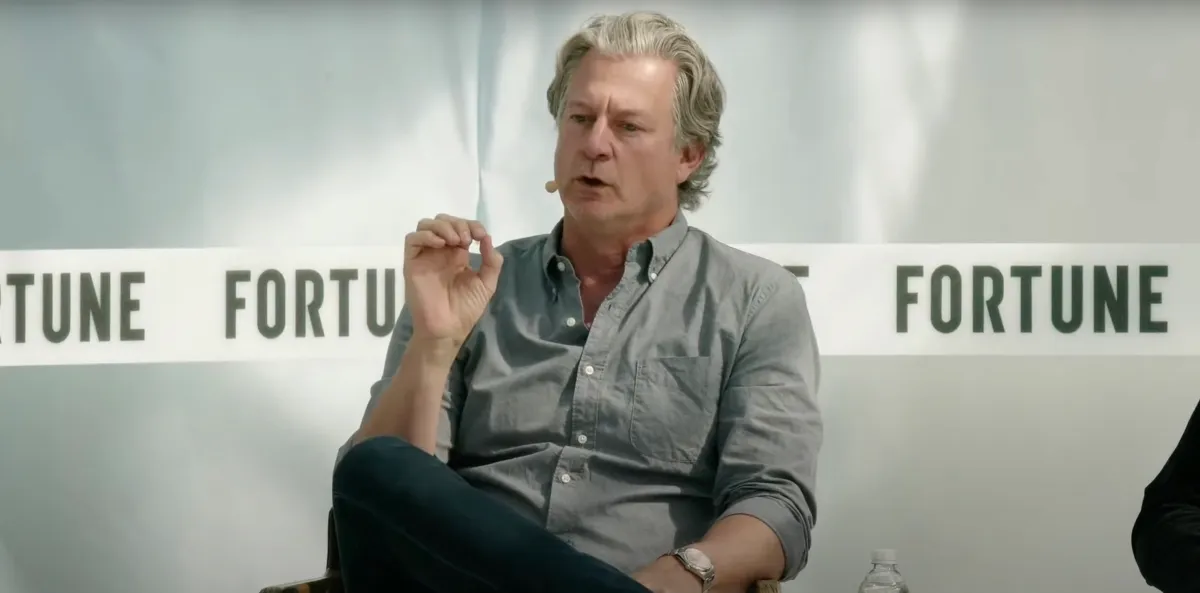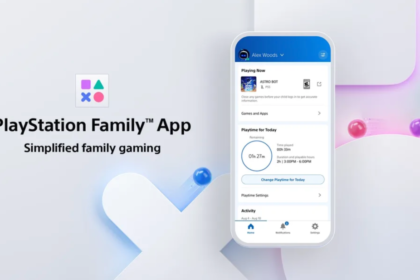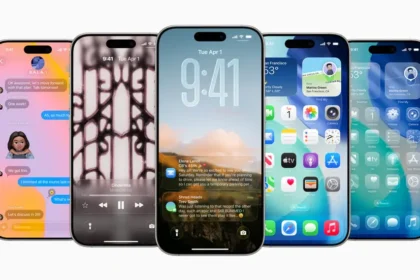Neil Vogel, CEO of People Inc. the largest digital and print publisher in the U.S. is accusing Google of unfairly exploiting publishers’ content to power its AI products. Speaking at the Fortune Brainstorm Tech conference this week, Vogel said Google is using the same web crawler both to index content for its search engine and to collect data for its AI systems.
“Google has one crawler, which means they use the same crawler for their search, where they still send us traffic, as they do for their AI products, where they steal our content,” Vogel said.
Google’s share of referral traffic to People Inc.’s websites has plummeted, dropping from around 65% three years ago to the “high 20s” today. At one point, Vogel noted, Google accounted for as much as 90% of the publisher’s open web traffic.
Vogel emphasized that while People Inc. has grown its audience and revenue through diversification, the company shouldn’t have to compete against its own content being repurposed by AI. “You cannot take our content to compete with us,” he said.
Blocking AI Crawlers Except Google
To fight back, People Inc. has adopted Cloudflare’s AI crawler-blocking solution. The tool prevents unauthorized AI systems from harvesting content unless they strike licensing deals. Vogel said this move has already drawn interest from “large LLM providers,” though no deals have yet been finalized. The company does, however, have an active agreement with OpenAI, which Vogel praised as a “good actor.”
Related: Former Google Security Executives Launch AI-Powered Email Defense Startup.
Google remains an exception, as its crawler cannot be blocked without losing visibility in Google Search traffic Vogel estimates is still worth about 20% of referrals. “They know this, and they’re not splitting their crawler. So they are intentionally bad actors here,” Vogel declared.
Industry Pushback Against Big Tech
Other publishing executives echoed Vogel’s frustration. Janice Min, CEO of Ankler Media, called Google and Meta “content kleptomaniacs” and said her company blocks AI crawlers outright.
Cloudflare CEO Matthew Prince, also on the panel, suggested that legal battles over copyright may not deliver publishers the results they want, since courts often consider AI-generated outputs as protected “derivatives.” Instead, he predicted change would come through regulation or direct payments.
Prince even speculated that within a year, Google may be forced to pay publishers for using their content in AI models. “Everything that’s wrong with the world today is, at some level, Google’s fault,” he said, adding that the search giant’s traffic-driven incentives reshaped digital publishing for the worse.
As publishers push for leverage in the AI era, the conflict highlights a growing divide: companies like OpenAI are pursuing licensing deals, while Google faces mounting criticism for failing to separate its search and AI practices.





